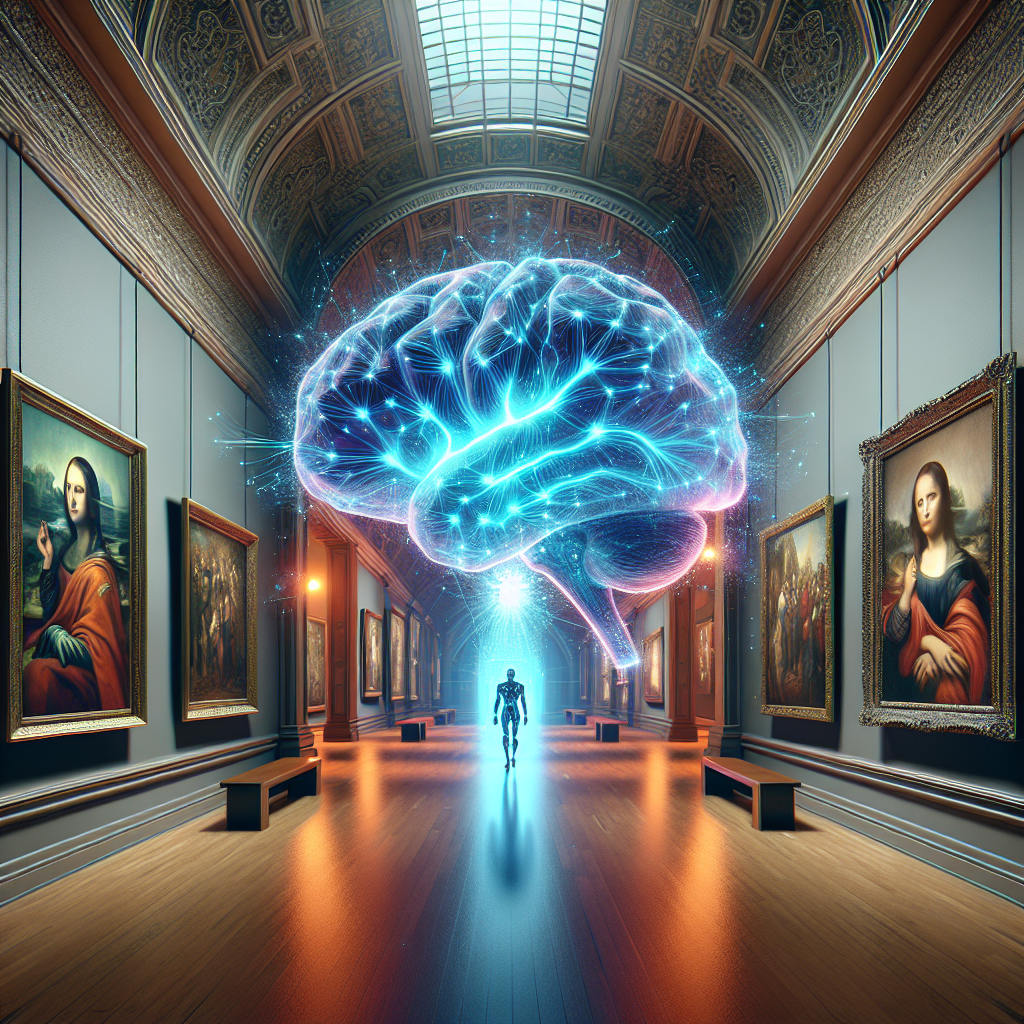Your cart is currently empty!
Artificial Intelligence: A Game-Changer for the Art World

Artificial Intelligence: A Game-Changer for the Art World
Artificial intelligence (AI) is revolutionizing many industries, and the art world is no exception. From creating original artworks to enhancing the way we experience and interact with art, AI is proving to be a game-changer for artists, collectors, and art enthusiasts alike.
One of the most exciting developments in the use of AI in the art world is the creation of original artworks. AI algorithms have been trained to produce artwork in a variety of styles, from abstract to photorealistic. These algorithms can analyze existing artwork and generate new pieces that mimic the style and techniques of famous artists such as Van Gogh or Picasso.
One notable example of AI-generated art is the portrait “Edmond de Belamy,” created by the art collective Obvious using a Generative Adversarial Network (GAN). The artwork sold for $432,500 at auction, sparking a debate about the role of AI in the art world and the definition of creativity.
AI is also being used to enhance the way we experience and interact with art. Museums and galleries are using AI-powered technologies such as augmented reality (AR) and virtual reality (VR) to create immersive and interactive art experiences for visitors. These technologies allow viewers to explore artworks in new ways, such as by virtually stepping inside a painting or experiencing a sculpture from multiple angles.
Additionally, AI is being used to analyze and categorize art collections, making it easier for collectors and researchers to access and study artworks. AI algorithms can identify patterns and trends in art history, helping to shed new light on the evolution of artistic styles and movements.
Despite the many benefits of AI in the art world, there are also concerns about the impact of AI on creativity and the role of the artist. Some worry that AI-generated art may lack the emotional depth and personal expression that is inherent in human-created artwork. Others raise questions about the ethics of using AI to replicate the work of artists without their consent.
While these concerns are valid, it is clear that AI has the potential to revolutionize the art world in ways that were previously unimaginable. By harnessing the power of AI, artists, collectors, and art enthusiasts can explore new creative possibilities and push the boundaries of what is possible in the world of art. As AI continues to evolve and improve, it is likely that we will see even more groundbreaking innovations in the art world in the years to come.

Leave a Reply